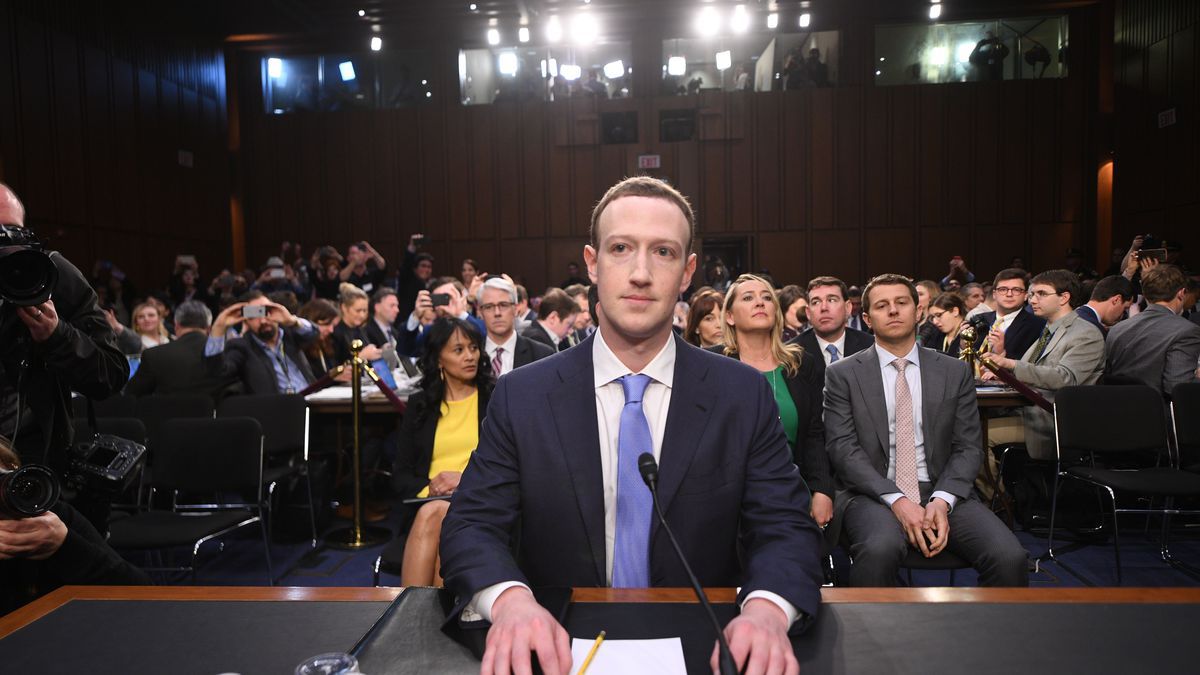The Facebook CEO, Mark Zuckerberg on Wednesday told lawmakers that he was among the 87 million or so Facebook Inc users whose data was improperly shared with political consultancy Cambridge Analytica.
But the chief executive of the world’s largest social media network pushed back on Congress members’ suggestions that users do not have enough control of their data on Facebook.
The 33-year-old internet billionaire told U.S. House of Representatives Energy and Commerce Committee that “every time someone chooses to share something on Facebook, there is a control, right there. Not buried in the settings somewhere, but right there.”
Mr Zuckerberg’s admission that his own data made its way into the hands of Cambridge Analytica lay bare that even the company’s technologically adept founder was unable to protect his own information from parties seeking to exploit it.
The admission underscores the problem Facebook has in persuading lawmakers that users can safeguard their own information if they carefully manage their personal settings and that further legislation governing Facebook’s use of data is unnecessary.
“How can consumers have control over their data when Facebook does not have control over the data?” asked Representative Frank Pallone of New Jersey, the ranking Democrat on the Energy and Commerce Committee.
However, Mr Zuckerberg repeatedly defended the company’s privacy practices, saying users have control over their own data and decide what to share.
But when asked if his data had been improperly used he replied: “Yes” and gave no further details.
The latest estimate of affected users is up to 87 million.
The data was improperly shared with Cambridge Analytica by an academic, who gathered data on users and their friends through a questionnaire app on Facebook.
Facebook had shut the ability of apps to gather such data, but Mr Zuckerberg said on Wednesday that it would
take “many months” to complete an audit of other apps to determine if they also improperly used data.
The House hearing followed a five-hour questioning by U.S. Senators on Tuesday, in which Mr Zuckerberg made no further promises to support new legislation or change how the social network does business.
Facebook shares were up 1.2 per cent on Wednesday after dips earlier in the day.
They posted their biggest daily gain in nearly two years on Tuesday as Mr Zuckerberg managed to deter any specific discussion about new regulations that might hamper Facebook’s ability to sell ads tailored to users’ profiles.
“It is inevitable that there will need to be some regulation” of internet firms, Mr Zuckerberg said on Wednesday, but he again steered away from any specifics.






2 Comments